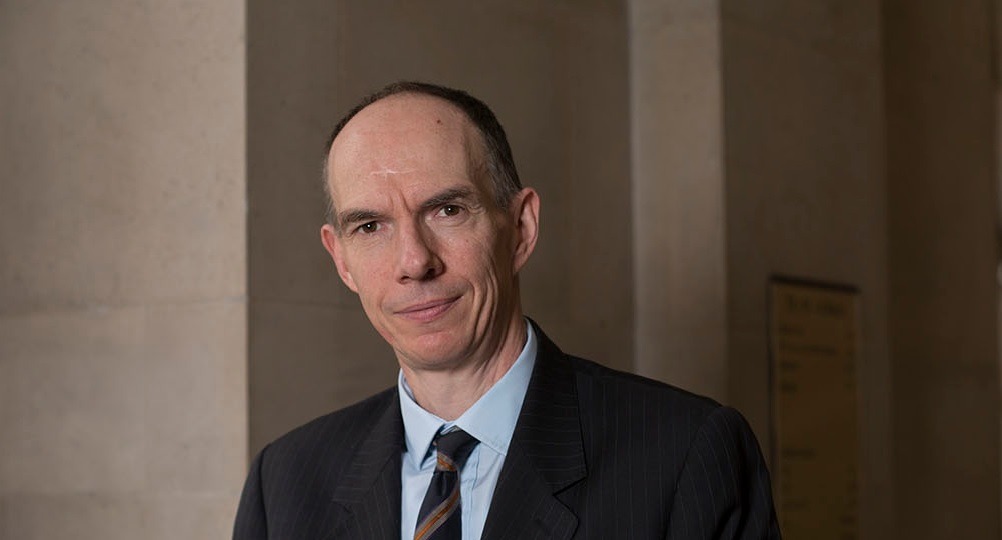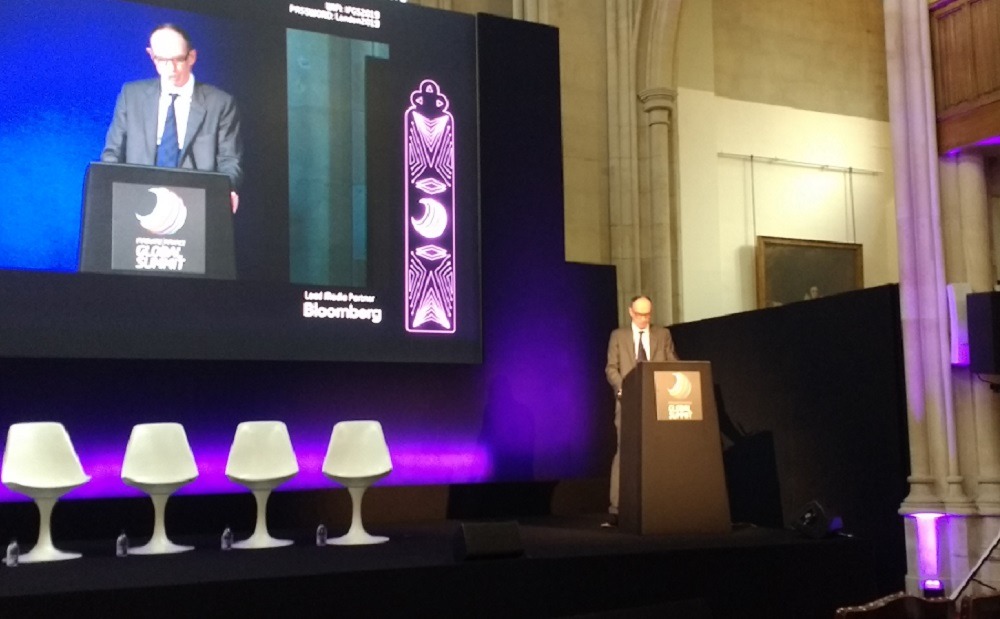The Bank of England's Fintech Hub was set up last year to stay on top of the "wave of innovation" being brought about by disruption in the financial industry

Dave Ramsden, Deputy Governor for Markets and Banking at Bank of England
Fintech is a top “strategic priority” for the Bank of England in 2019 as it aims to control the risks and opportunities presented by disruptive finance through a dedicated hub, says a senior official.
The Fintech Hub was launched last year to focus on ways the UK central bank can engage with the increasingly influential sector, and has identified a number of specific areas of interest, including payments and artificial intelligence.
Speaking at the Innovate Finance Global Summit in London this morning (30 April), the institution’s deputy governor for markets and banking Dave Ramsden gave some insight into what the Bank of England is doing to harness the innovative potential of fintech.
He said: “Fintech has enabled new players and business models to enter the market and this is increasing competition, helping meet unfulfilled customer needs, reducing inefficiencies and changing the way institutions provide – and customers and businesses use – financial services.

“It could transform the structure of the financial sector, with implications for customers, firms and regulators.
“Given our range of responsibilities, it’s essential the Bank of England keeps on top of this wave of innovation, and understands and adapts to its implications.
“In practice, the Bank is embracing fintech and working to do as much as we can to ensure that it develops in ways that maximise the opportunities and minimise the risks for society.”
What is the Bank of England’s Fintech Hub?
The Bank of England’s Fintech Hub was launched a year ago as a vehicle for it to channel its efforts in addressing these issues.
Since then, it has worked with the Treasury and the Financial Conduct Authority to set out the country’s approach to crypto assets and distributed ledger technology in financial services, as well as looking into the challenges of cross-border payments with overseas colleagues at the Bank of Canada and the Monetary Authority of Singapore.
It has also established the Future of Finance project to explore the ways financial services might evolve over the next decade, including the potential role of “big tech” and the implications of open banking and PSD2.
Bank of England Fintech Hub is prioritising payments
Mr Ramsden focused his discussion on three areas of priority for the Bank of England in terms of fintech, as it aims to ride the wave of innovation in financial services that will “intensify in coming years”.
He said: “Recent years have seen a significant diversification in payment companies, with new entrants to the market like e-money institutions and technology companies.
“This diversification is bringing about an unbundling of financial activity – breaking the financial services activity and value chain into its component pieces.
“The shift towards digital payments can bring about competition and bring benefits to consumers, and the Bank of England is in a unique position to support that.”
He outlined three ways the central bank is following up on these trends, including renewing the real-time gross settlement (RTGS) infrastructure, to deliver “a materially stronger, more resilient, innovative and flexible sterling central system with the ability to support a diverse range of payment technologies”.

Yesterday, the Bank of England governor Mark Carney told the conference how the RTGS infrastructure, which is responsible for processing more than £600bn in UK payments each day, is also being opened up to a broader range of companies, in an effort to better support fintech innovation.
Mr Ramsden added that the institution, alongside Pay.UK, is also moving UK payments to the ISO 20022 messaging standard.
He said: “This should bring many benefits, including better interoperability between payment systems, lower entry costs, and the possibility of innovative data services to users.
“We’re also working to promote the harmonisation of ISO 20022 globally, which could facilitate easier and cheaper cross border payments.”
Artificial intelligence can increase efficiency across the financial sector
Artificial intelligence is also high on the priority list for the Bank of England, with professional services network Deloitte estimating that cognitive-related technologies will become mainstream in financial services in the next two to five years.
Mr Ramsden added: “Artificial intelligence is an example of how a general purpose technology is reshaping our world, with the potential to revolutionise the nature of both work and commerce.
“This will affect all aspects of the Bank of England’s mission, from the future behaviour of the labour market through its effects on employment, productivity and wages, to the future nature of finance, through its effects on customer service, training and risk management.
“The technology has the potential to increase efficiency right across the financial sector, including leaner, faster and more responsive operations.”
